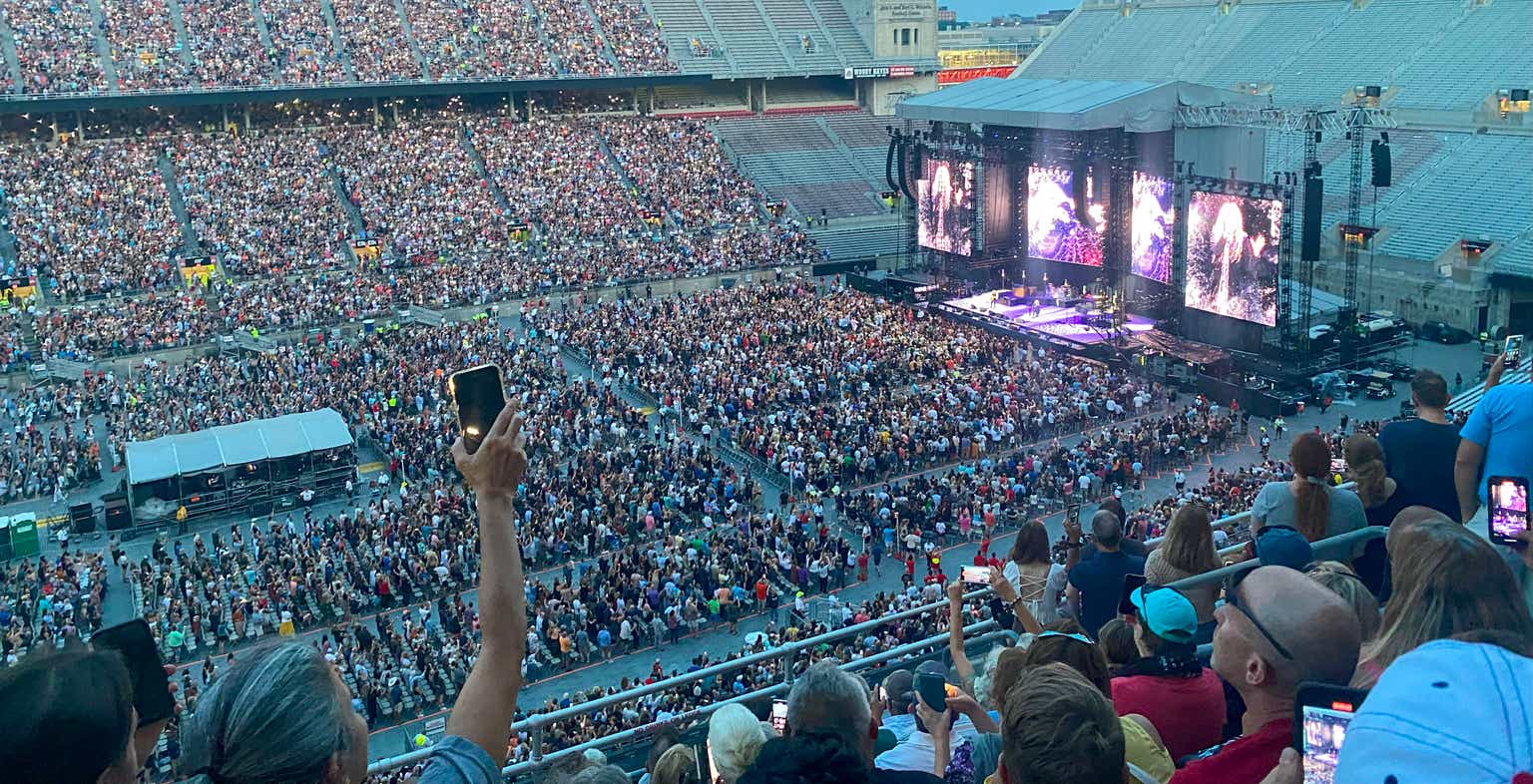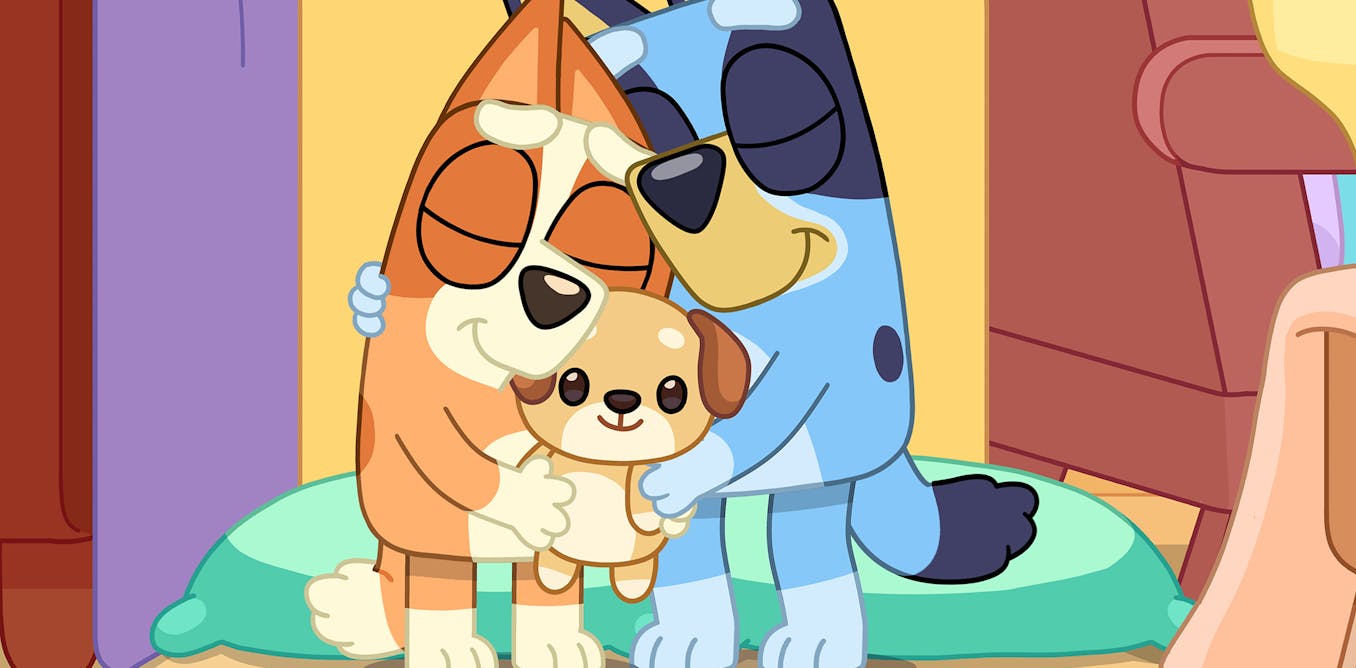In my particular social circle (consisting of writers or people with other creative jobs, who are mostly younger millennials and disproportionately queer), I thought that, by my mid-30s, there was nothing I could do anymore in my sex or love life that could so much as raise an eyebrow. There’s a jadedness that prevails over our romantic and sexual lives that precludes genuine shock or intrigue. Into kink? “I just find the aesthetics a bit cringe.” Ethically nonmonogamous? “God, who isn’t in London?” Wild bisexual threesome? “Oh, there was just too much admin when I tried that.” Dating apps? “Lol. So over.”
What I couldn’t have imagined, therefore, was the questioning and – most surprisingly – envy I provoked among my friends and acquaintances when I revealed my decision to be intentionally celibate for the entirety of 2024 (one I have, with weeks to go, firmly stuck to, FYI). In my 20s, I remember dating people and engaging in certain sexual experiences not because I was all that into it but purely for lurid stories I would be able to entertain my friends with later. Yet, it turns out that all I needed to have done to really turn heads was to abstain altogether. On TikTok, Gen Z is calling celibacy “going boy sober”. In many ways, as people around me embarked on Dry January, I realised my own vow of sex sobriety did have similarities with giving up drinking. It required me to break harmful patterns and develop better coping strategies. So too did I lose the “highs” that once came with the mere prospect of new romance. But it somehow felt more controversial than treating a drinking problem. I was single, 35 and my voluntary celibacy was the big sexual experience that truly shocked everyone. It also, frankly, changed my life for the better.
I should clarify what I mean by abstinence. As you probably gathered, I stopped having sex, nor did I date. I disabled my dating app profiles, but I also decided I would pull the plug on subtler behaviours too, such as flirting with men or intentionally fantasising about sex or romance (this meant that for months at a time I also did not masturbate, as it’s impossible to do that without fantasising). I muted or unfollowed every man I had ever had a flirtation with on Instagram, I closed my DMs, I left old “friends with benefits” on read or, if I felt they deserved it, politely explained I was now celibate. If I saw an attractive man on the street, I would try and calmly note that he was handsome, count to three in my head and then think about something else. For the first three months it was very difficult, harder than I could have anticipated. For a while, I also had to stop watching films and TV with explicit sexual scenes or themes – I still haven’t seen Challengers, for example.
It sounds extreme. Let me explain why I took this course of action. A couple of years prior, I had begun seeing a therapist. It wasn’t my first time in therapy, but this time the work went much deeper. I’m a recovering alcoholic and I’d finally reached a more stable place in my life. But there had been issues the addiction was masking that started to reveal themselves. In our first session, I explained to my new therapist, who specialised in attachment issues, that I’d never had a relationship that was truly healthy. As a result, I felt afraid of intimacy and repeating my past mistakes. I understood myself to be broken and unlovable, and had become hugely avoidant of real romantic connection as a result. We began 18 months of deep, sometimes confrontational work in her room.
















